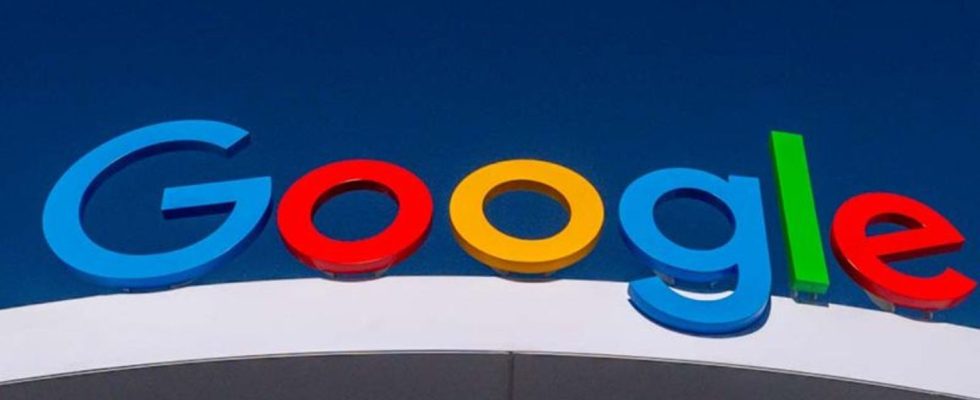BGH
Cartel Office may give Google internals competition
The Google logo at the CES technology trade fair in Las Vegas. photo
© Andrej Sokolow/dpa
How far can the Federal Cartel Office go to put big tech companies in their place? The BGH was concerned with the passing on of information to competitors that, from Google’s point of view, are business secrets.
According to a decision by the Federal Cartel Office, the Federal Cartel Office may Federal Court of Justice (BGH) passed on Google internals to the technology giant’s competitors in order to clarify competition concerns. The Cartel Senate in Karlsruhe did not follow the company’s argument in all of the text passages in dispute that these were company and business secrets. In other cases, the Federal Cartel Office’s interest in clarifying the facts is more important, the BGH said.
He rejected Google’s complaint against the disclosure with the exception of a single verbatim quote from internal documents. On the other hand, assessments of Google’s strategy by the Federal Cartel Office as well as the verbatim reproduction of individual clauses from Google’s contracts with vehicle manufacturers may be passed on to the map specialist TomTom and the language assistant specialist Cerence.
Product bundle for infotainment systems in cars
Germany’s top competition watchdog wants to prohibit the group from engaging in “various anti-competitive behaviors” at its Google Automotive Services (GAS). It’s a product bundle consisting of the Google Maps map service, a version of the Google Play app store and the Google Assistant voice assistant. Vehicle manufacturers such as Volvo, Ford, Renault, Nissan and Polestar use GAS; German manufacturers such as BMW, Mercedes, Audi and VW are not included.
According to the Federal Court of Justice, Google generally only offers the services together and, from the Cartel Office’s perspective, sets further requirements for the presentation of the services in the infotainment system of cars so that they are used preferentially. The authority warned Google Germany and its parent company Alphabet in June and informed them about the concerns.
The office wants to query the assessment of TomTom and Cerence and therefore disclose its preliminary assessment of Google’s practices in a partially redacted version. Google complained about this. Even before the oral hearing on Tuesday, both sides had agreed to obscure various passages. However, some disputes were still open. According to the information, not all of them could be clarified in the negotiation. Before the details were discussed, the Senate excluded the public.
Factual information vs. interest in secrecy
The Federal Court of Justice now explained that the disclosure of company and business secrets to competitors must be suitable, necessary and appropriate for the purposes of clarifying the facts. “It is appropriate if, in the balancing of interests to be carried out, the Federal Cartel Office’s interest in clarifying the facts outweighs the interest in protecting fundamental rights protected trade and business secrets.” Among other things, it must be examined what disadvantages could result from disclosure.
The representative of the Cartel Office made it clear during the hearing that the matter was of fundamental importance for the authority: for the first time there was a decision by the highest court – that was also important for other cases. He justified the fact that the office involved its closest competitors in the process because they knew the market best. They would also have to disclose internal information.
Google said: “We are pleased that the court has established a rigorous standard of assessment to ensure the protection of confidential information while balancing the interests of all parties involved. We also appreciate that the court has carefully considered each issue in dispute .” They now want to further evaluate the decision and are awaiting the reasons from the Senate.

